The Panel on
XYZ Perspectives from xLM to yAI and zTech
October 22, 2025
To commemorate the centenary anniversary of Alan Turing’s birthday, the Open Forum on Top 10 Questions on Intelligent Informatics/Computing (Top10Qi) was held in the World Intelligence Congress, Macau, 2012. Inspired by the profound question “Can machines think?” raised by Turing in 1950, the Top10Qi forum was conducted by first calling for questions from the crowd worldwide, then voting for top 10 questions from the 128 collected questions, and finally holding an interactive panel for the announcement and heated discussion on the top 10 voted questions.
Among the questions solicited in Top10Qi, some questions including “What are the most promising solutions and techniques to build real commercial intelligent systems?” have been partially answered thanks to swift and significant progress, especially LLM (Large Language Model) and GAI/GenAI as well as associative dialogue tools initiated from ChatGPT. In the unprecedented AI boom, LLM has been the core due to its learning ability by leveraging enormous data and supercomputing powers. Nowadays, other forms of LM (Large Model) have emerged, to name a few, VLM (Vision Language Model), LMM (Large Multimodal Model), and LRM (Large Reasoning Model). The term xLM collectively refers to various kinds of large models, both emerged and to emerge.
Some questions voted among the top 10, such as “Can machines be creative?” and “Will computers replace human thinking?”, are imaginative and even deeply philosophical. These questions are, to some extent, also related to AGI (Artificial General Intelligence). Elon Musk has claimed that Grok 4 can discover new technologies and physics in the near future. Is it possible or not to make such imagination-like cAI (Creative AI), tAI (Thinking AI), even super or hyper AI? It is also one of fundamental themes under explorations by the IEEE SC Technical Committee on Hyper-Intelligence (HITC). The term yAI encompasses diverse AI forms, from widely discussed AGI to highly specialized HyperAI.
A few TopQi questions like “Can machines and the people think together?” have been positively responded thanks to LLM and GAI based technologies and application tools including ChatGPT, Gemini, Claude, Grok, DeepSeek, etc. Related intelligent technologies such as Agentic AI, RAG (Retrieval-Augmented Generation), Context Engineering, and Model Context Protocol (MCP) are rapidly emerging. Numerous applications are appearing, penetrating and pervading almost every aspect in the world, from daily life, education and entertainment to work, research and development. The term zTech refers broadly to innovative technologies and rich applications enabled by xLM and yAI.
This XYZ panel, coinciding with the 70th anniversary of the term ‘Artificial Intelligence,’ is designed as an insightful platform for distinguished experts to share their perspectives surrounding xLM, yAI, and zTech. Participants will exchange ideas, and collaboratively envision the future trajectory of artificial intelligence.
Panel Chair:
Jianhua Ma, Faculty of Computer and Information Sciences, Hosei University, Japan
Panel Speakers:
Antonio Guerrieri, Institute for High-Performance Computing and Networking, National Research Council of Italy, Italy
Bin Hu, School of Medical Technology, Beijing Institute of Technology, China
Claudio Miceli, Graduate Program in Systems Engineering and Computer Science, Federal University of Rio de Janeiro, Brazil
Jinhua She, School of Engineering, Tokyo University of Technology, Japan
Qiangfu Zhao, University of Aizu, Japan
Katsutoshi Yada, Faculty of Business Data Science, Kansai University, Japan
Panel Coordinator:
Ao Guo, Graduate School of Informatics, Nagoya University, Japan
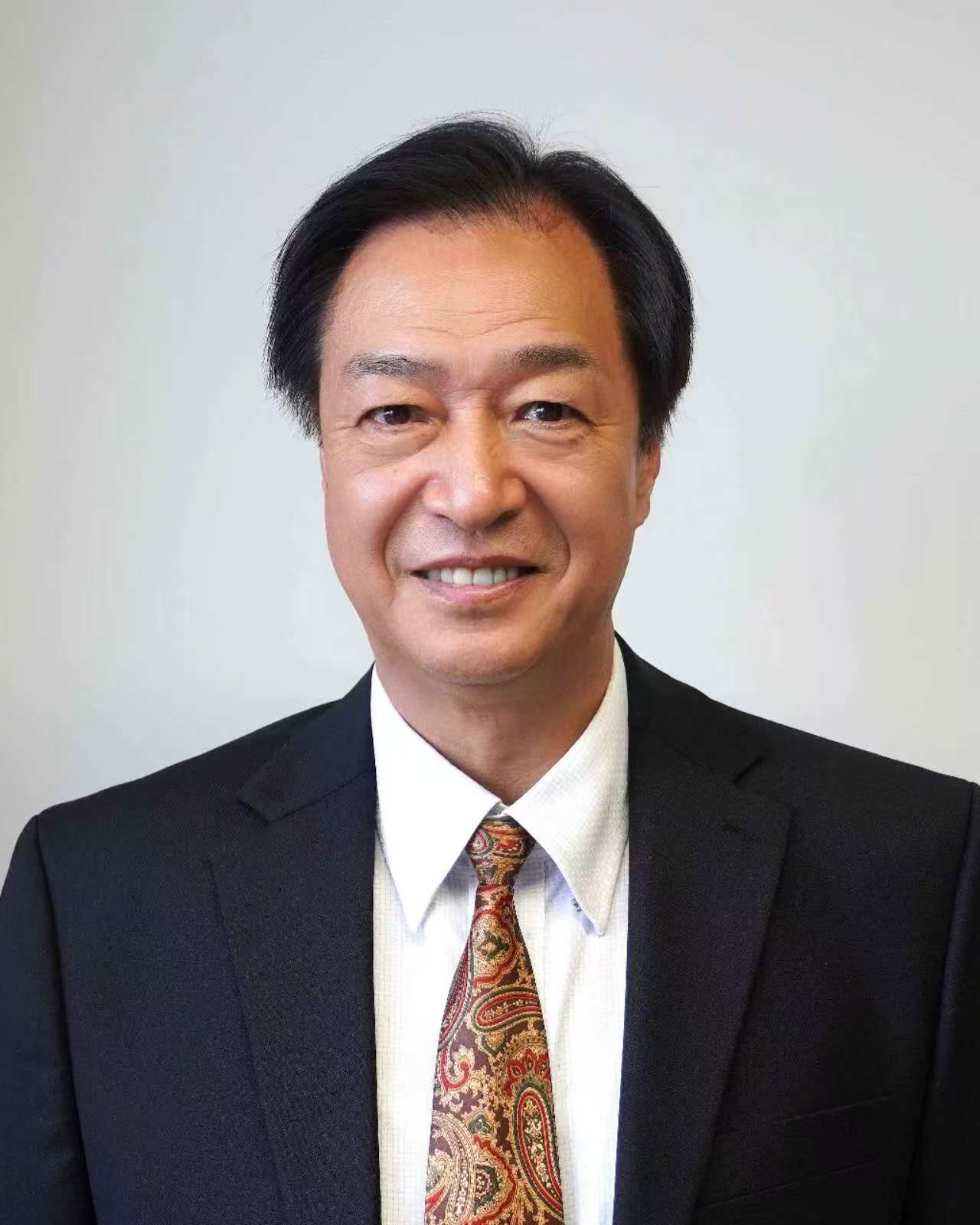
Jianhua Ma, Professor
Hosei University, Japan
Biography: Jianhua Ma is a professor in the Faculty of Computer and Information Sciences and a director in the Institute of Integrated Science and Technology (IIST), Hosei University, Japan. He is one of pioneers in research on Hyper World and Cyber World (CW) since 1996. He first proposed Ubiquitous Intelligence (UI) towards Smart World (SW), which he envisioned in 2004, and was featured in the European ID People Magazine in 2005. He has conducted several unique CW-related projects including the Cyber Individual (Cyber-I), which was highlighted on the IEEE Computing Now in 2011. He has founded IEEE Conferences on Ubiquitous Intelligence and Computing (UIC), Pervasive Intelligence and Computing (PICom), Cyber Physical and Social Computing (CPSCom), Internet of Things (iThings), and Internet of People (IoP). He is a chair of IEEE SC Technical Committee on Hyper-Intelligence, a co-chair of IEEE SMC Technical Committee on Cybermatics, and a founder of IEEE CIS Technical Committee on Smart World.

Antonio Guerrieri, Researcher
ICAR-CNR, Italy
Biography: Antonio Guerrieri is currently a researcher at ICAR-CNR (National Research Council of Italy, Institute for High-Performance Computing and Networking). He previously served as a researcher at the Telecom Italia WSN Lab in Berkeley, California, and at the Clarity Centre, UCD (University College Dublin), Ireland. Dr. Guerrieri has been involved in several research projects and co-founded SenSysCal S.r.l., a University of Calabria (UNICAL) spinoff focused on innovative IoT systems. His research interests include wireless sensor and actuator networks, building monitoring and control, smart objects, smart and cognitive environments, and the Internet of Things. He has co-authored over 100 papers in international journals, conferences, and books. He is an Associate Editor of IEEE Transactions on Human-Machine Systems (THMS) and serves on the editorial boards of journals such as IoT, Cybersecurity and Privacy, Engineering Proceedings, Sensors, and Wireless Communications and Mobile Computing. He is an adjunct professor at the DIMES department at UNICAL. More information can be found at https://staff.icar.cnr.it/guerrieri/wordpress/.
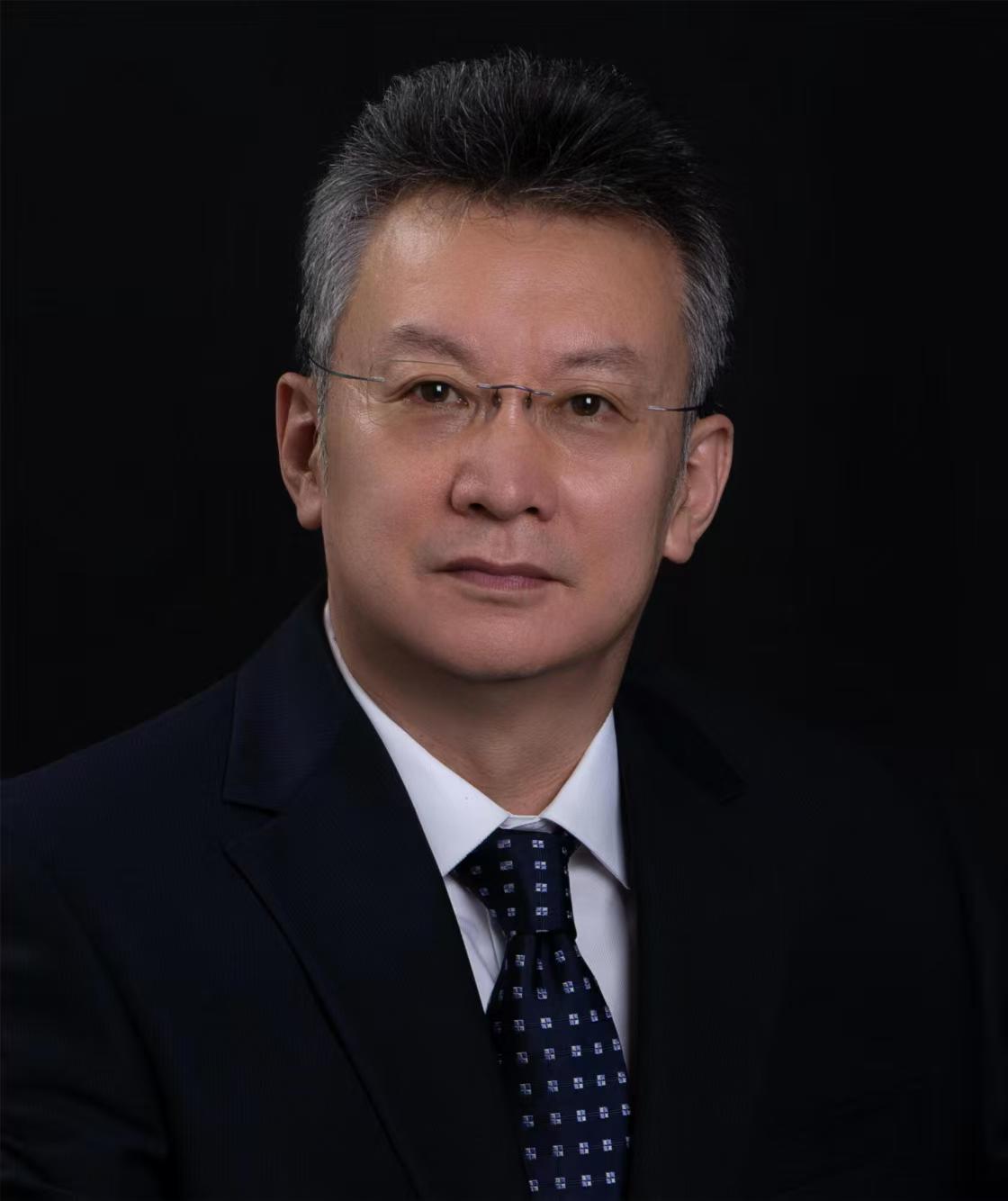
Bin Hu, Professor
Beijing Institute of Technology, China
Biography: Bin Hu is a (Full) Professor and the Dean of the School of Medical Technology at Beijing Institute of Technology, China. He is a National Distinguished Expert, Chief Scientist of 973 as well as National Advanced Worker in 2020. He is a Fellow of IEEE/IET/AAIA and IET Fellow Assessor & Fellowship Advisor. He serves as the Editor-in-Chief for the IEEE Transactions on Computational Social Systems and an Associate Editor for IEEE Transactions on Affective Computing. He is one of Clarivate Highly Cited Researchers, World's Top 2% Scientists and 0.05% Highly Ranked Scholar from ScholarGPS.

Claudio Miceli, Associate Professor
Federal University of Rio de Janeiro, Brazil
Biography: Claudio Miceli de Farias graduated in Computer Science (2008), and holds a master's degree (2010) and a PhD (2014) in Computer Science from the Federal University of Rio de Janeiro. He was chosen by MCTI to represent Brazil at the BRICS Young Scientists Forum in the area of Cyber-Physical Systems (2021). The professor was also awarded the Young Scientist of our state scholarship by FAPERJ. Currently, the aforementioned professor works in the Graduate Program in Systems Engineering and Computer Science (PESC-COPPE-UFRJ) and at the Tércio Pacitti Institute for Computer Research and Applications at UFRJ. In 2022, the aforementioned professor won the IEEE Hype-Intelligence Workgroup Middle Career Researcher Award for his contributions to the area. The professor's main topics of interest are smart cities, the Internet of Things, Data Fusion, and Security.
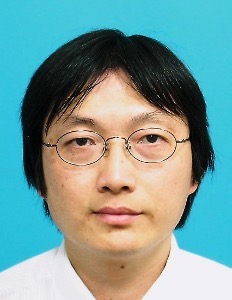
Jinhua She, Professor
Tokyo University of Technology, Japan
Biography: Dr. She received his B.S. degree in engineering from Central South University, Changsha, China, in 1983; and his M.S. and Ph.D. degrees in engineering from Tokyo Institute of Technology, Tokyo, Japan, in 1990 and 1993, respectively. In 1993, he joined the School of Engineering, Tokyo University of Technology, where he is currently a professor. Dr. She's research interests include the applications of control theory, repetitive control, active disturbance rejection, and assistive robotics. He has published more than 400 journal papers and 6 monographs. He received the IFAC (International Federation of Automatic Control) Control Engineering Practice Paper Prize in 1999 (jointly with M. Wu and M. Nakano), and was included in the list of Thomson Reuters' Highly Cited Researchers from 2013 to 2015 and World’s Top 2% Scientists since 2019. Dr. She is an IEEE Fellow, serves as an IEEE HI-TC Advisory Board member (2021-present) and an AdCom member of IEEE IES (2022-2024), was the Delegate of Cluster 4 of IEEE IES Technical Committees (2019-2021), and the chair of the Technical Committee on Human Factors (2017-2018). He is an Associated Editor of IEEE Transactions on Industrial Electronics, IEEE Journal of Emerging and Selected Topics in Industrial Electronics, and IEEJ Journal of Industry Applications, Journal of Advanced Computational Intelligence and Intelligent Informatics, and Intelligence & Robotics; and a Technical Editor of IEEE/ASME Transactions on Mechatronics.
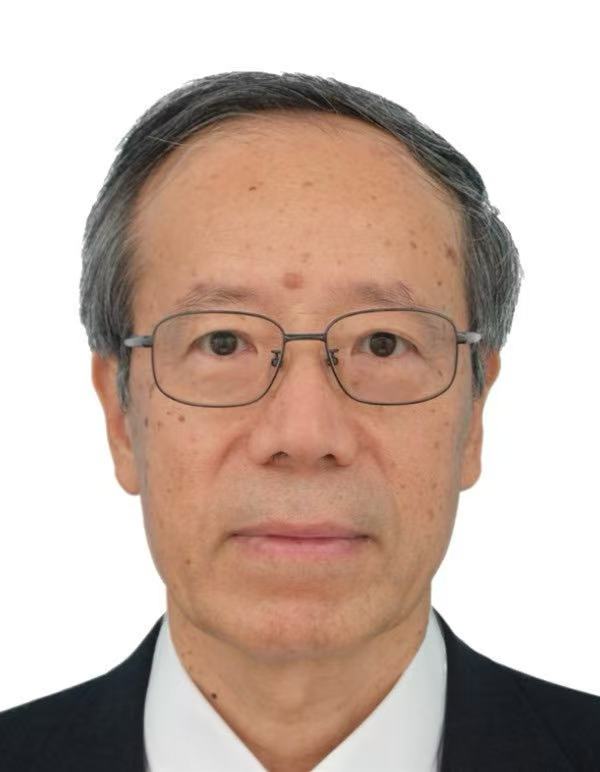
Qiangfu Zhao, Professor
University of Aizu, Japan
Biography: Professor Qiangfu Zhao graduated from Tohoku University with a Doctor of Engineering degree in Electronic Engineering in 1988. From 1991 to 1993, he was an associate professor at Beijing Institute of Technology; from 1993 to 1995, he was an associate professor at Tohoku University (Japan); from 1995 to 1999, he was an associate professor at the University of Aizu (Japan); since 1999, he has been a tenured full professor at the University of Aizu. Professor Zhao published more than 200 academic papers related to optimal linear system design, signal / image processing / recognition, neural computing, evolutionary computing, perceptual computing, and machine learning in international journals and international conferences.
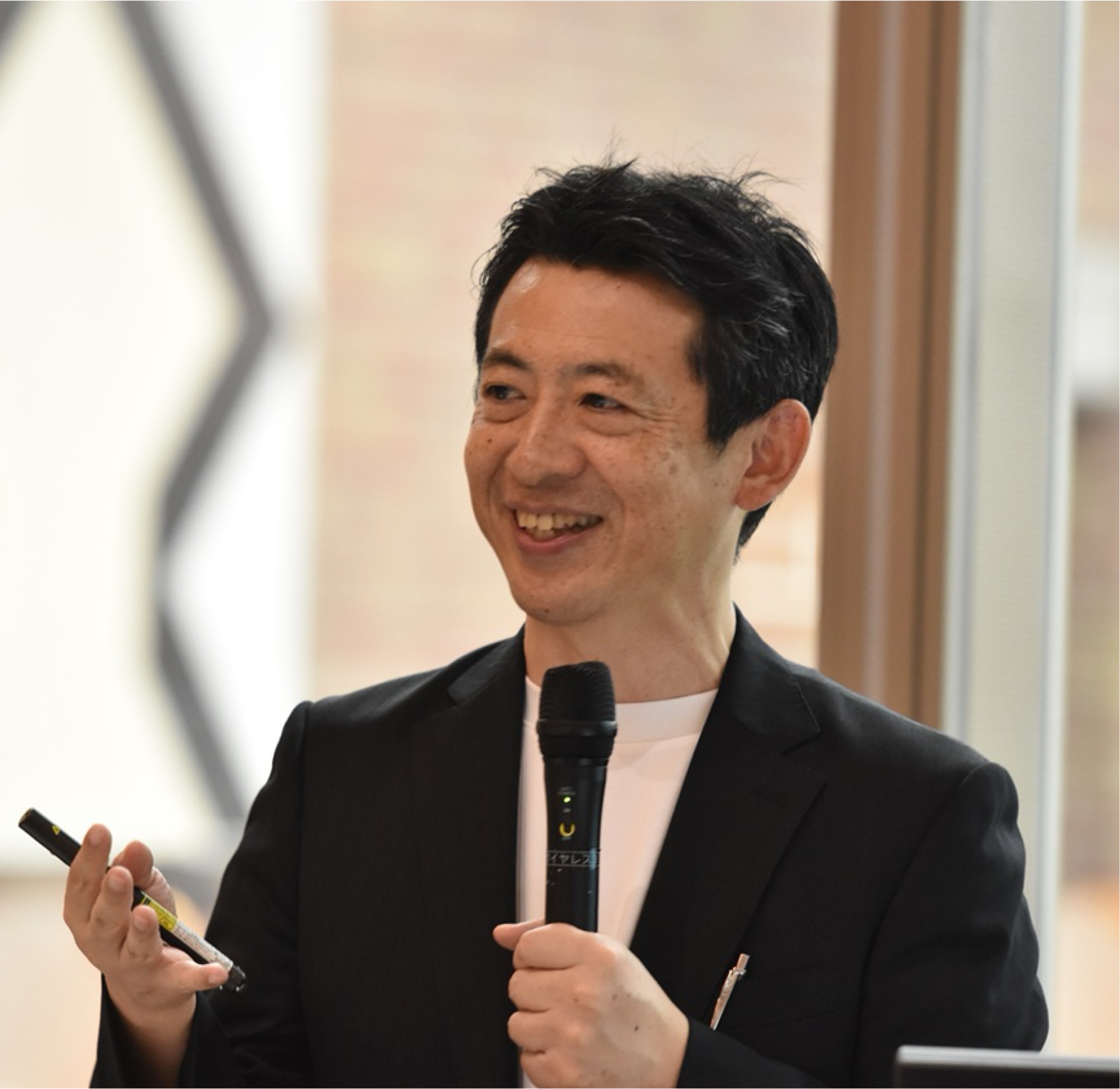
Katsutoshi Yada, Professor
Kansai University, Japan
Biography: Katsutoshi Yada is Professor of Management Information Systems in the Faculty of Business Data Science , Kansai University and guest professor of Osaka University. He was a visiting scholar of School of Business at Columbia University from 2006 to 2007. His present research interests include data science and AI for business, and information strategy concerning data mining. His papers have appeared in several international journals, including Data Mining and Knowledge Discovery, Soft Computing, Decision Support Systems and others. He received Distinguished Professor Award from Kansai University and many international and domestic awards from academic societies.